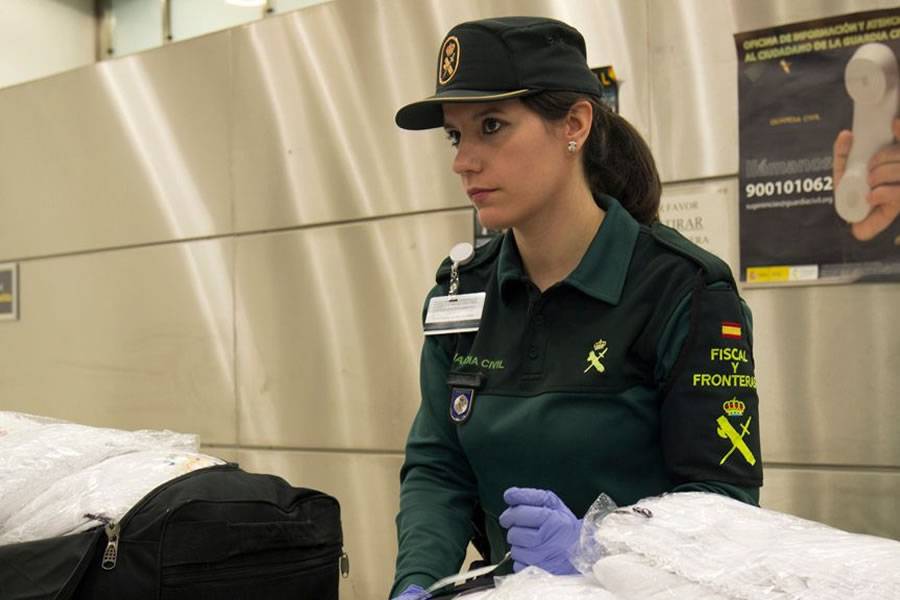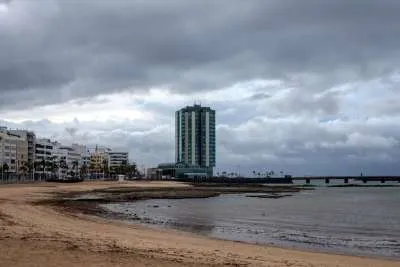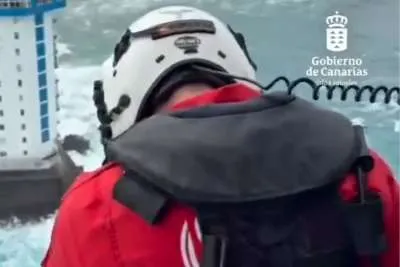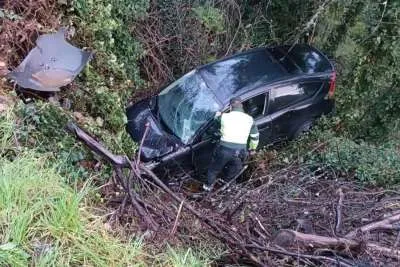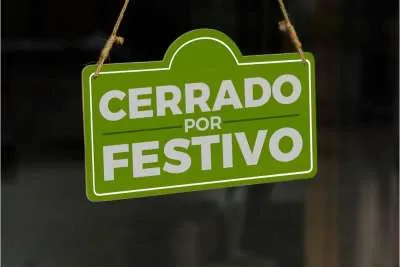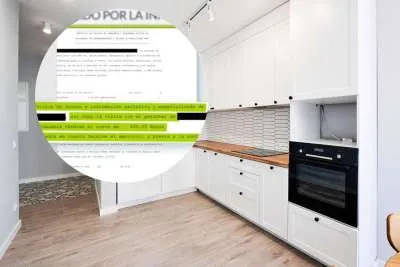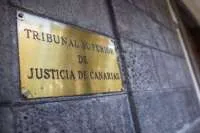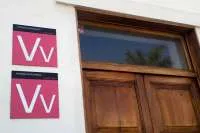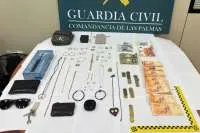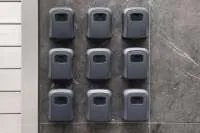UK travellers have to prove they have 100 euros per day to enter Spain
- 24-04-2022
- National
- Canarian Weekly
Visa-free travel to the borderless Schengen Area, which consists of 26 European countries, is possible for the biometric passport holders of over 60 countries, including the United Kingdom, Australia, the United States, and New Zealand, to name but a few, however, visa-free does not mean requirement-free as over 135,000 third-country nationals were refused entry at EU external borders in 2020.
When arriving at the external borders of the Schengen Area, travellers from these visa-free countries need to make sure they meet several mandatory conditions in order to be eligible to enter, which include the UK after the country's decision to leave the EU after Brexit, and nothing to do with the Covid pandemic.
“The visa waiver does not give an unconditional right of entry and stay. The Member States have the right to refuse entry and stay in their territories if one or more of the entry conditions are not met,” the European Commission notes, explaining how visa-free entry works while also listing the requirements.
According to EU rules, travellers from third countries must meet the following most important conditions in order to be able to enter any Schengen country, including Spain and the Canary Islands:
- They must hold a valid travel document issued by one of the countries under the visa-free list.
- They must hold proof of the purpose of their trip, proof they have sufficient financial means to support their stay, and proof of their intended date of return.
- They must not have an alert on the Schengen Information System for the purposes of refusing entry.
When it comes to proof that they have sufficient financial means to support their stay in the EU, each country has a different amount required. For example, the minimum required daily amount of money for entry into France is €120 per day of their stay if the traveller has no proof of accommodation paid in advance. If the accommodation has been previously paid, the required amount drops to €65 per day.
According to Article 5(3) of the Schengen Area Border Code: “means of subsistence shall be assessed in accordance with the duration and the purpose of the stay, and by reference to average prices in the Member State(s)concerned for board and lodging in budget accommodation, multiplied by the number of days stayed.”
Further to this, the European Commission also notes that the border guards may verify the sufficient means of subsistence based on the amount of cash, travellers’ cheques, and credit cards in possession of the traveller.
“Declarations of sponsorships, where such declarations are provided for by national legislation and letters of guarantee/invitation from hosts, as defined by national legislation, in case the third-country national is staying with a host, may also constitute evidence of sufficient means of subsistence,” the Commission explains.
Travellers to Spain may be asked to prove they have at least €100 per day:
Only recently, through a statement on the official EU Law database and home of the EU Official Journal (EUR-Lex), it has been announced that travellers from third countries reaching the national territory of Spain, should be able to prove that they have an amount of at least €100 per day in order to be able to enter Spain.
The same requirement also applies to Spain Schengen visa applicants, which means that they need to show proof that they have at least €100 for each day they plan on staying in Spain when applying for a Schengen Visa.
Why €100?
The amount of €100 per day represents 10% of the monthly minimum salary in Spain, or its legal equivalent in third-country currency, multiplied by the number of days they plan on spending in the territory of Spain, and by the number of other travellers whose expenses they will also be covering.
As of 1st January 2022, the Spanish authorities have established the minimum salary at €33.33 per day or €1,000 per month, depending on whether the salary is fixed by days or by months.
Random travellers will be asked for proof:
Many people will immediately comment that they have visited Spain more than once since Brexit, saying they have never been asked to show proof of their sufficient financial means for entry into the country.
This is because while all travellers from the UK, without exception, are obliged to hold such proof, the border guards are not required to ask each person entering the country to present these documents. In fact, random passengers are selected to be asked for such documents.
The Spanish Ministry del Interior points out that “Foreigners from third countries must prove, if required to do so by the officials in charge of controlling the entry of people into Spanish territory, that they have economic resources for entering the country, through cash, traveller’s checks, payment letters, or credit cards, which must also be proven to have sufficient funds available on them.”
Although most travellers insist they have never been asked for such documents when travelling to Spain, there are others who have shared their experience on travel forums of actually having had to prove they had enough means of subsistence to enter the country.
What happens if I can’t prove it or I don’t have €100-per-day?
The Ministry del Interior explains that if the border guards decide to ask a traveller whether he or she has the required means of subsistence, and they fail to do so, the border guards have to right to refuse entry into the country to that traveller.
“If, when carrying out the control of the entry of persons into Spanish territory, it is verified that a foreigner from a third country lacks sufficient economic resources for the time they wish to remain in Spain, their entry into Spanish territory will be denied as established by law,” explains the Spanish Ministry del Interior.
In addition, the Ministry warns that border officials have the right to permit entry into Spain to persons who do not have sufficient financial means, and have the authority to reduce the length of time of their permitted stay in proportion to the number of resources they have available, leaving the traveller having to buy a new return flight to leave in time on.
With passports being stamped, your time and stay in Spain are being monitored more closely, as well as the Biometrics on your passport, so if you outstay your welcome for this reason it is one of the reasons you can be added to the Schengen Information System for the purposes of refusing entry, meaning that you can’t enter any of the 16 countries for up to five years depending on the severity of the penalty.
Other articles that may interest you...
Trending
Most Read Articles
Featured Videos
TributoFest: Michael Buble promo 14.02.2026
- 30-01-2026
TEAs 2025 Highlights
- 17-11-2025


